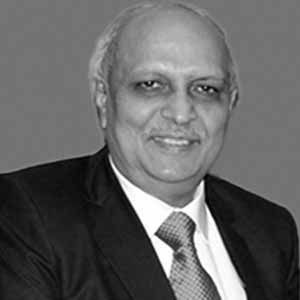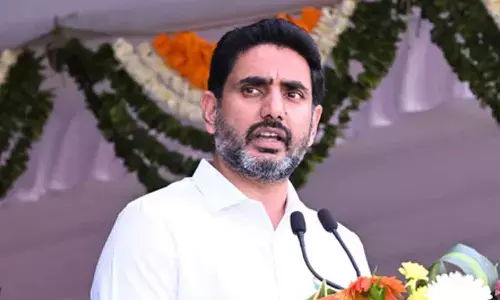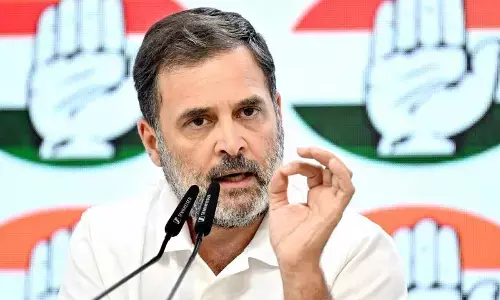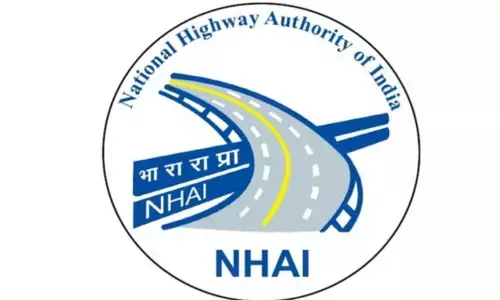Riddled with defunct welfare schemes
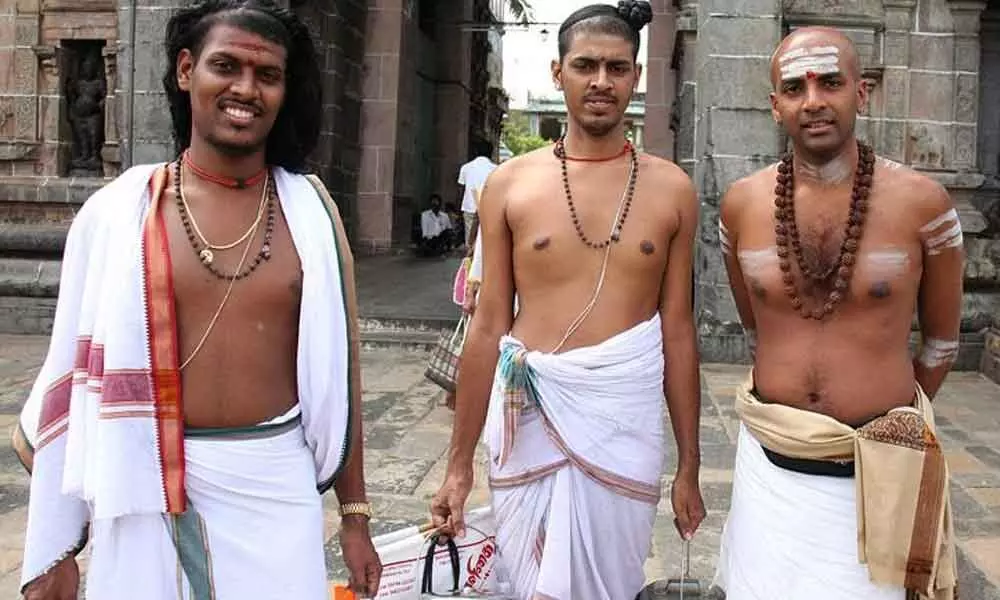
Riddled with defunct welfare schemes
Pratap Bhanu Mehta recently wrote an article in Indian Express covering the Brahmin Welfare Corporations established in the three southern States of Andhra Pradesh, Telangana and Karnataka and calling it a sign of great Indian tragedy.
Pratap Bhanu Mehta recently wrote an article in Indian Express covering the Brahmin Welfare Corporations established in the three southern States of Andhra Pradesh, Telangana and Karnataka and calling it a sign of great Indian tragedy.
If only he had cared to recheck whether the websites of these Corporations were up to date he would not have had to take the trouble of criticising at length schemes like 'Veda Vyasa Scheme for Vedic Education'. Government websites are notoriously outdated and any conclusions drawn based on information given there without rechecking can lead to wrong conclusions.
None of these schemes listed on the website exist as on date in Andhra Pradesh .All the schemes are subsumed as part of Jagananna Aseervadam or Rajanna Bharosa, trying to take political mileage in the names of the present day Chief Minister Jagan Mohan Reddy and his father Rajasekhara Reddy.
In the other two States of Telangana and Karnataka some of the schemes do exist and are available just as they are available for other communities through different Corporations set up to make these benefits available to those communities.
An exclusive focus on these organisations ignoring the existence of similar organisations for a number of other communities set up by the State governments gives the wrong impression to the reader whether these State governments are only focusing on disbursing benefits to this one particular community only.
The marginalised sections of the forward community whichever is that community suffer the double whammy of being labelled as forward while at the same time remaining extremely backward. The well- to- do and those who had the benefit of taking advantage of entitlements available to the forward community turn out to be a curse to the the marginalised sections within that community who are judged based on the attainments of these elites.
They can from the comfort of ivory towers of the foreign universities tweet and sermonize "Brahmin lives do not matter". In fact it is the lives of these elites that may not matter but not the marginalised sections within the community who bear the brunt for the success of these elites.
High social status and low economic prosperity is a problem most of these marginalised sections of the Brahmin community faced post-Independence and there definitely was a case for certain amount of state support.
In a democracy such state support need not necessarily come because someone is deserving. It only comes when you are politically relevant. 2014 general elections made this community politically relevant in Andhra Pradesh.
The fact that TDP and BJP came together, and the fear of Christianity under Jagan Mohan Reddy consolidated the voting of this Brahmin community in Andhra Pradesh with TDP. Traditionally they were perceived to be anti-TDP and pro-Congress but in this election there was en bloc shift in favour of TDP.
Someone who accompanied Chandrababu Naidu on his election campaign during this time told me the reception they got, and enthusiastic crowds that cheered them when they went to Brahmin localities took Naidu by surprise and that laid the seeds for a separate corporation for the community in Andhra Pradesh, which subsequently other two Southern States followed.
Reasons for the emergence of the Corporation for the community has more to do with political equations and winning combinations rather than "chief ministers across political parties seeing themselves as Hindu monarchs lording over a caste order and distributing benefits by caste" as the author of the article Pratap Bhanu Mehta summarised.
Some very desirable initiatives were adopted by AP Brahmin Corporation trying to reach out to the really deserving and marginalised by going beyond political affiliation for selection of beneficiaries, online application, electronic transfer of benefits, and mobilisation of the community as a political force.
But as I mentioned earlier the political dynamics of the day and the combinations decide the nature of the schemes and benefits in democracy. Today the Corporation exists only in name whatever benefits the government wants to disperse going as part of the schemes in the name of the Chief Minister and his father.
Regarding Mehta's comments on the Veda Vyasa Scheme for Vedic Education let me assure him there are no takers for the scheme when it was operational since Vedic education does not guarantee livelihood. Schemes like vehicle to run a taxi, start a small xerox machine, are more favoured than studying Vedas.
In fact as I used to remark as EO TTD after seeing the family profile of the students admitted into the Vedic school there, they mostly are those who cannot afford to join their children in LKG admit them in the Vedic schools . Of course, barring a few families who think it is a desirable learning.
If someone is looking for supporting the really marginalised sections of the community they can start with the families whose children study in Vedic schools.
It is true the Government support should go to the really deserving beyond caste and religion and more importantly beyond political affiliation, a point which Mehta failed to mention.
More than caste and religion it is the political affiliation that decides the favours from governments today since all parties would like to build up vote banks with public money. Caste and community are seen as a convenient way of building such vote banks.
(The author is former Chairman, Andhra Pradesh Brahmin Welfare Corporation)

